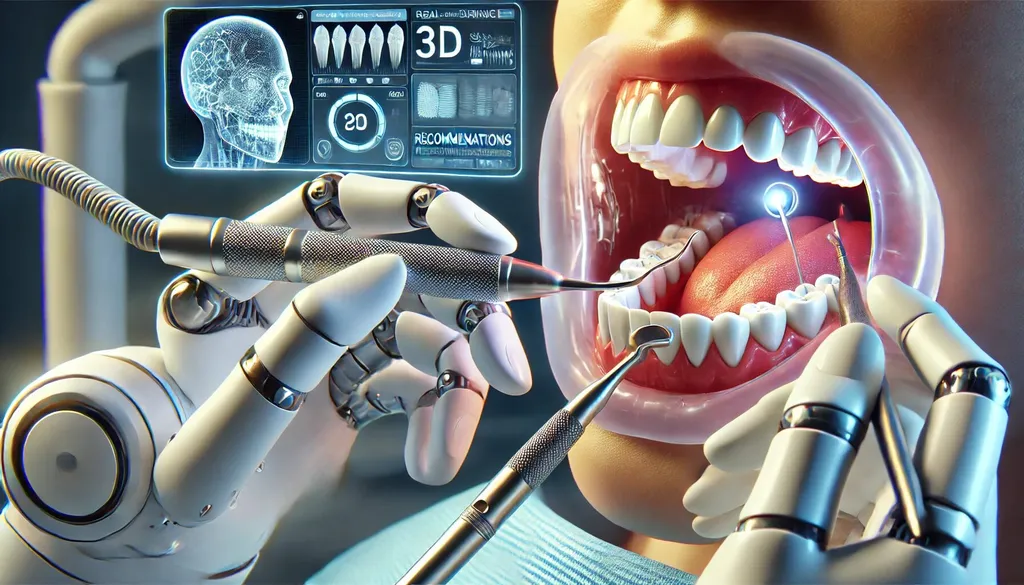In the realm of oral health, a groundbreaking development has emerged that promises to revolutionize the way dental professionals approach diagnosis, treatment planning, and prognosis. Researchers, led by Zhuohong Gong from the Guanghua School of Stomatology at Sun Yat-sen University in Guangzhou, China, have introduced an artificial intelligence (AI) pipeline designed to reconstruct tooth-centric radial planes from cone-beam computed tomography (CBCT) scans. This innovation, detailed in a recent study published in *Biomedical Engineering Materials* (BMEMat), could significantly enhance the efficiency and accuracy of oral disease management.
The tooth-centric radial plane is a critical imaging modality that depicts anatomical and pathological features along the long axis of the tooth. Traditionally, reconstructing these planes from CBCT scans has been a labor-intensive and time-consuming process, prone to errors due to anatomical variances and multi-center discrepancies. The AI pipeline developed by Gong and his team addresses these challenges by emulating the workflow of dental experts.
“The AI pipeline acquires the optimized maxillary and mandibular cross sections, segments the teeth for dental arch curve depiction, and reconstructs dental arch-defined tooth-centric radial planes,” explains Gong. This process ensures that teeth on the optimized cross sections are explicitly segmented, even in the presence of complex diseases, resulting in precise dental arch curve depictions.
The study involved 420 CBCT scans from two independent centers, comprising both healthy and diseased subjects. The AI-reconstructed tooth-centric radial planes exhibited low angular and distance errors compared with the ground truth planes, demonstrating high image quality and accurately representing anatomical and pathological features. This accuracy facilitates precise dental biometrics measurement by both clinicians and downstream AI diagnostic tools.
The implications of this research are profound. By automating the reconstruction of tooth-centric radial planes, dental professionals can save valuable time and reduce the risk of human error. This efficiency could lead to faster and more accurate diagnoses, ultimately improving patient outcomes. Moreover, the AI pipeline’s robustness and generalization capabilities make it adaptable to various clinical settings, enhancing its commercial potential.
“The expertise-inspired AI pipeline showcases outstanding performance in reconstructing tooth-centric radial planes and offers significant clinical utility for intelligent oral health management,” says Gong. This innovation not only streamlines the diagnostic process but also paves the way for more advanced AI applications in oral health.
As the field of dental imaging continues to evolve, the integration of AI technologies like this pipeline could become a standard practice. The research highlights the potential for AI to transform traditional medical workflows, making them more efficient, accurate, and accessible. With the publication of this study in *Biomedical Engineering Materials*, the stage is set for further advancements in AI-driven oral health management, promising a future where technology and expertise converge to deliver superior patient care.

